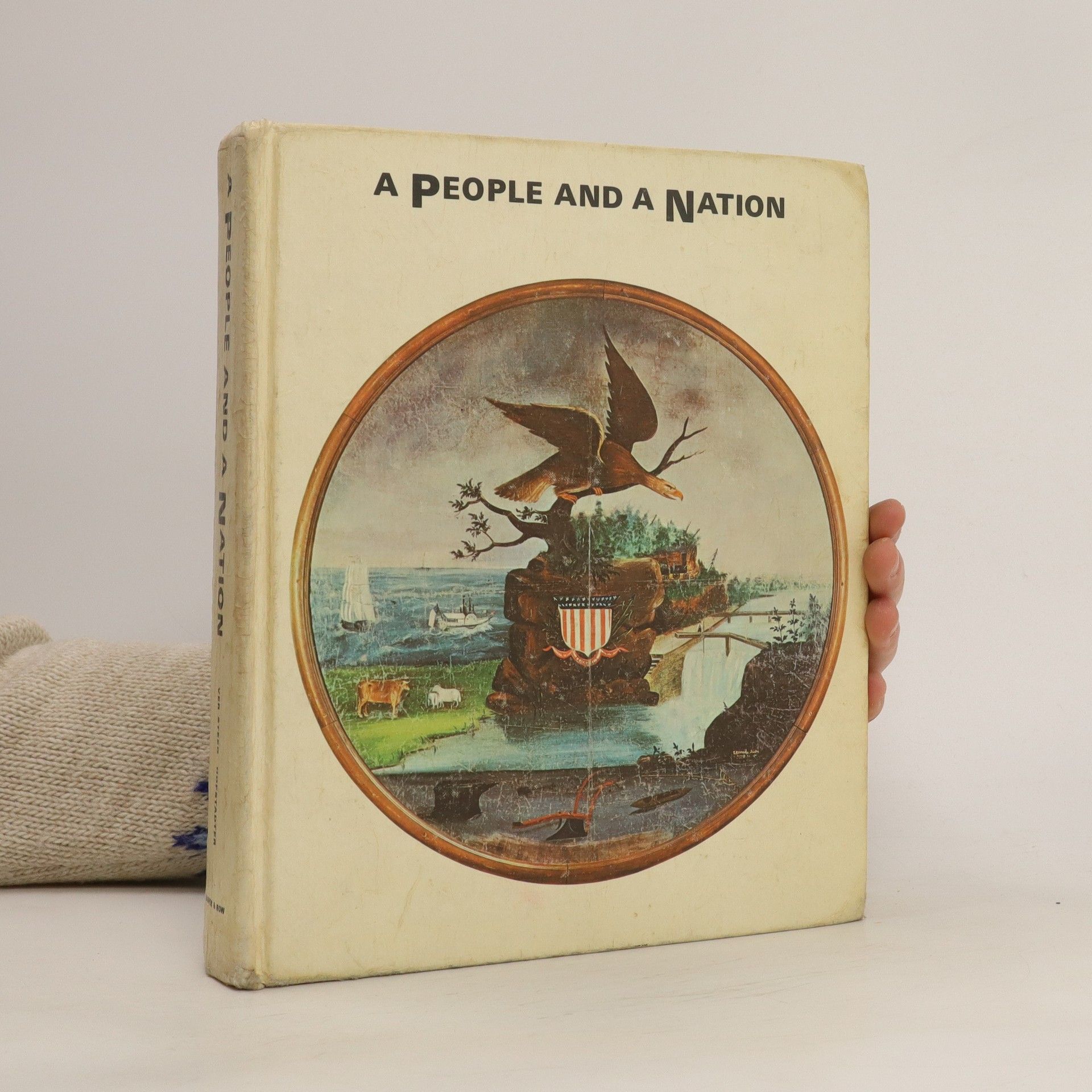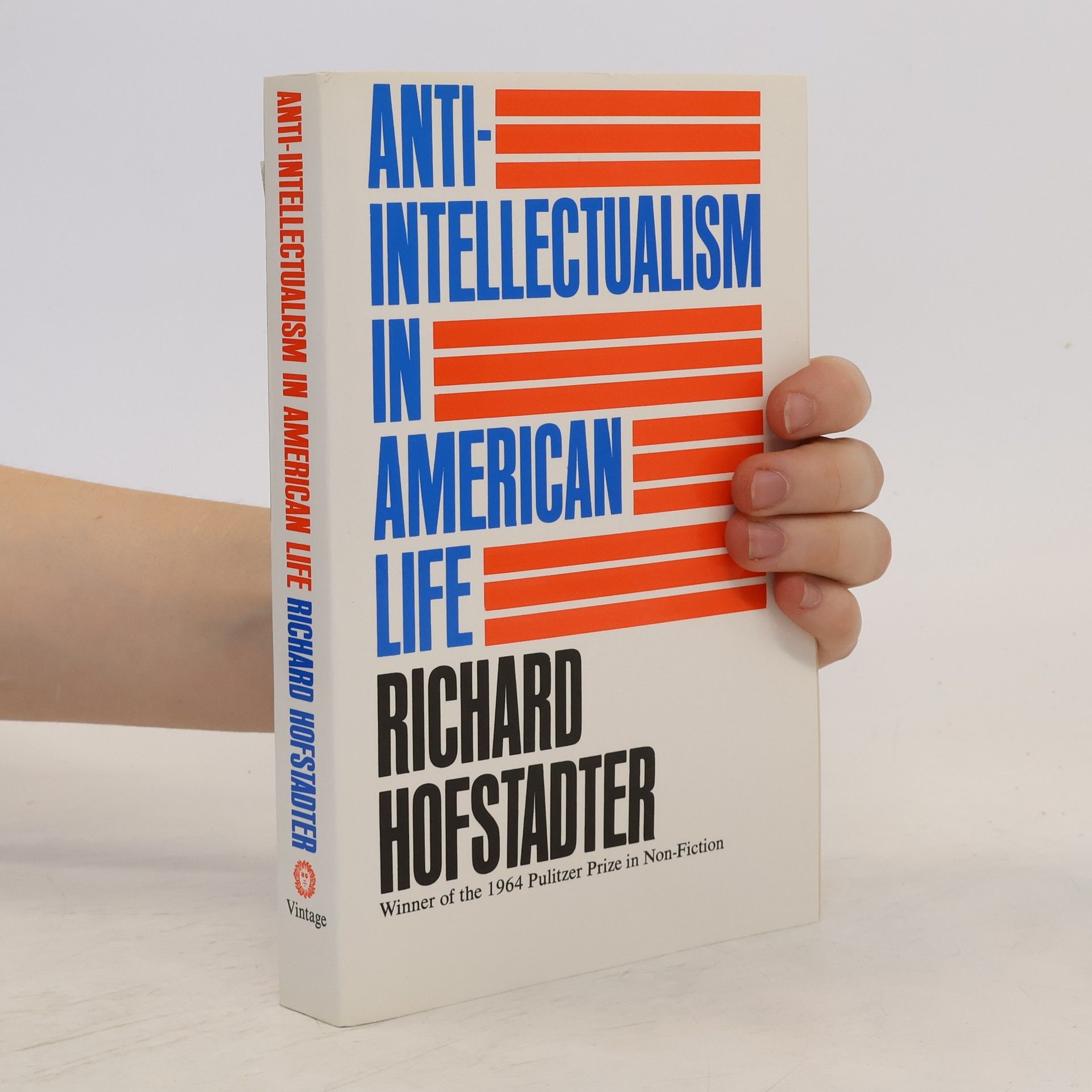The Paranoid Style in American Politics
- 368pages
- 13 heures de lecture
Examining the influence of fringe groups on American electoral politics, this work delves into the irrational aspects of political behavior and its disproportionate impact on broader party agendas. Hofstadter's analysis reveals how individual actions can shape collective political discourse, offering insights into contemporary domestic affairs. Alongside classic essays, the book serves as a foundational text in political history, exploring the dynamics of political movements and their implications in the United States.




